The ambassador made the remarks during an exclusive interview with the Mehr News Agency on Monday.
He emphasized, “Iran adopted a balanced stance during the crisis. Iran was trying to understand the roots of the crisis.”
The seven-day war between Georgia and Russia has been described as the most important international event since the September 11 attacks on the U.S.
The war led to a war of words between Russia and the Western countries which have been seeking to increase their influence in the region since the fall of the Soviet Union.
The war broke out as Georgia launched ground and air attacks against rebels on August 7 to retake the breakaway provinces of South Ossetia and Abkhazia. Russia responded by sending troops into South Ossetia and launching raids further into Georgia.
Janjgava added, “The fact is that Iran did not recognize the separatist republics and this is the most notable part of Iran’s stance during the recent crisis.”
Commenting on Iran’s concerns about tensions in the Caucasus, he stated, “As one of the most powerful and most influential countries in the region, it is natural that Iran has concerns and worries about the complex and sensitive Caucasus region. It is clear that these concerns and problems are resolvable through collective cooperation.”
He also pointed out, “We are sure that Iran is not satisfied with a crisis in Georgia because a crisis in neighboring countries is an impediment to the development of other states.”
During his visit to Georgia, Iranian Foreign Minister Manouchehr Mottaki had proposed some plans to end the crisis, Janjgava said.
He emphasized that Iran and Georgia enjoy close ties but they are not using their true potentials.
He also rejected claims that Georgia’s relations with the West and the North Atlantic Treaty Organization (NATO) are a threat to Iran, saying, “We have repeatedly emphasized that Georgia’s integration into NATO is not a threat against a third country.”
Elsewhere is his remarks, the ambassador stated that Russia is not a “dependable neighbor”.
“Russia is secretly trying to revitalize the Soviet Union. Moscow is not a dependable neighbor and older brother,” he said.
He added, “On the one hand, Russia did not recognize Kosovo because it believed that Serbia should not be divided. On the other hand, it did the same job in Georgia as if it had a special interest in the division of Georgia.”
“We did not expect such a behavior from an older brother,” he said.
Asked whether Russia’s behavior has triggered Georgia to get closer to the West, Janjgava stated, “Surely, this is the case.”
However, he said crisis in the Caucasus has not been the only reason and that Georgians consider themselves a Western nation.
“We regard ourselves part of the Western and European civilization. It means that our culture is close to the Western values… We are a Western country and the incidents during the recent years such as the Rose Revolution made us return to our real identity,” he remarked.
He also pointed out that Westerners firmly supported Tbilisi during the 2008 war with Russia.
Commenting on the Soviet Union’s worst leader, Janjgava insisted that Joseph Stalin had been the worst.
HK/PA
END
MNA


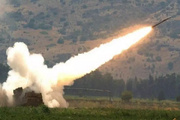
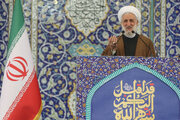
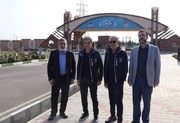

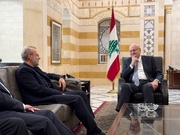
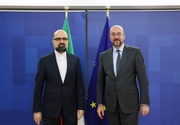
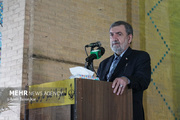
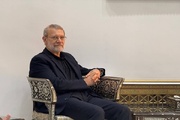

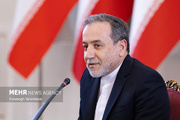

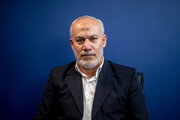
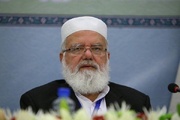
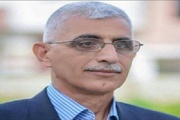

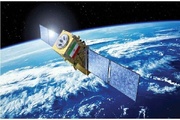
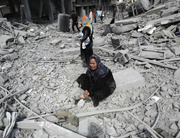
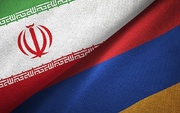
Your Comment